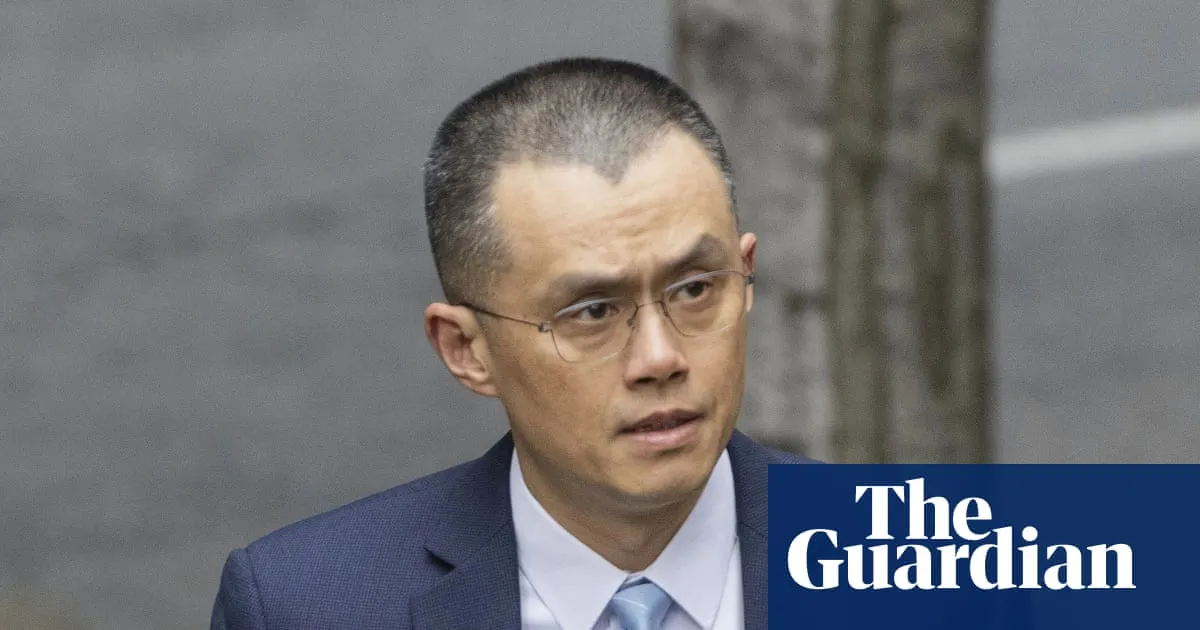
In a recent episode of 60 Minutes, former President Donald Trump made headlines by claiming he does not know who Changpeng Zhao is, despite having pardoned the billionaire founder of the cryptocurrency exchange Binance in October. During the interview, host Norah O'Donnell inquired about the motivations behind Trump’s decision to pardon Zhao, who has been implicated in significant legal issues, including enabling money laundering.
When asked about his reasons for pardoning Zhao, Trump responded, “OK, are you ready? I don’t know who he is.” He further stated that he could not recall any meetings with Zhao and only recognized him as a victim of a so-called “witch-hunt” orchestrated by current President Joe Biden. This remark raises questions about the context and rationale behind the pardon, especially considering Zhao's legal troubles.
In 2023, Zhao pleaded guilty to charges related to violations of anti-money laundering regulations. These charges stemmed from Binance allegedly failing to report suspicious transactions involving organizations such as Hamas and al-Qaida. Following these revelations, Zhao expressed remorse, paid a hefty $50 million fine, and served nearly four months in prison before receiving a pardon from Trump. The White House justified this decision by claiming Zhao was a victim of Biden’s so-called “war on cryptocurrency.”
Trump has consistently emphasized his desire for the United States to emerge as a leader in the cryptocurrency space. After receiving the pardon, Zhao took to social media platform X to thank Trump, promising to “do everything we can to help make America the Capital of Crypto.” This statement reflects Zhao’s commitment to advancing the cryptocurrency industry in the U.S., despite the legal hurdles he has faced.
Interestingly, Zhao has retained his stake in Binance, which is recognized as the world’s largest cryptocurrency exchange. Notably, Binance has had business dealings with World Liberty Financial, a cryptocurrency company affiliated with Trump’s family. This connection adds another layer of complexity to the political implications of the pardon.
Trump's inability to recall details about his pardon for Zhao occurs against a backdrop of ongoing Republican investigations into the Biden administration. These inquiries focus on allegations of covering up Biden's mental and physical decline, as well as the use of autopen signatures for official documents. On October 28, the Republican-led House oversight committee released a report scrutinizing Biden’s use of autopen signatures, with committee chair James Comer labeling it as “one of the biggest political scandals in US history.”
Some Republicans are pushing to void pardons signed by autopen under Biden, although it remains unclear whether Trump's pardon for Zhao was executed in the same manner. Furthermore, individuals pardoned by Trump for their involvement in the January 6th Capitol attack have also raised questions about the authenticity of their pardons, claiming that Trump did not physically sign the documents.
As the political landscape continues to evolve, the implications of Trump's pardon for Changpeng Zhao remain a topic of significant debate, highlighting the intersection of law, politics, and the burgeoning cryptocurrency industry.